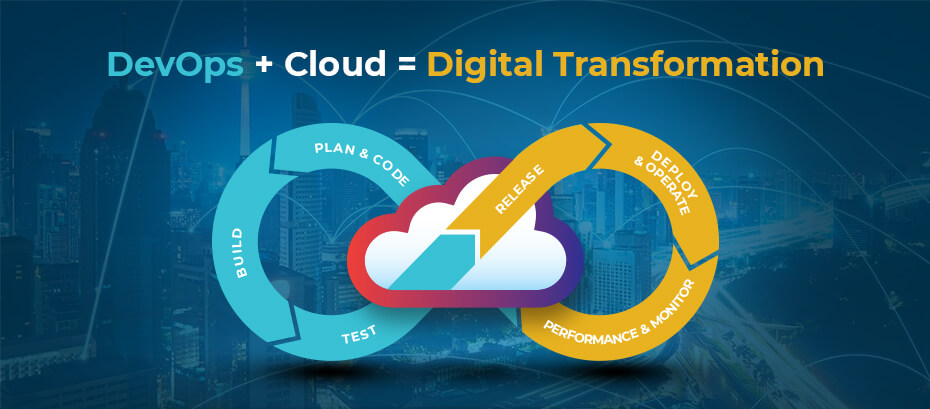
Unleashing the Power of Cloud Technology in DevOps: Streamlining Software Delivery
Introduction: In today's fast-paced digital landscape, the integration of cloud technology and DevOps practices has become essential for organizations striving for agility, scalability, and efficient software delivery. This article will explore the synergistic relationship between cloud technology and DevOps, highlighting the benefits and best practices that enable teams to build, deploy, and manage applications with unparalleled speed and flexibility.
The Role of Cloud Technology in DevOps:
Discuss the fundamental concepts of cloud computing and its impact on modern software development.
Highlight how cloud platforms provide the foundation for scalable infrastructure, on-demand resources, and cost optimization.
Showcase the advantages of leveraging cloud services for faster application deployment, auto-scaling, and global reach.
DevOps Principles and Practices:
Introduce the core principles and cultural shift behind the DevOps movement.
Explain the DevOps lifecycle, encompassing continuous integration, continuous delivery, and continuous deployment.
Highlight the importance of collaboration, automation, and monitoring to achieve seamless software delivery.
Cloud-based Infrastructure as Code (IaC):
Explore Infrastructure as Code (IaC) and its significance in cloud-based DevOps.
Discuss tools like Terraform and AWS CloudFormation that enable declarative infrastructure provisioning.
Showcase the benefits of version-controlled, reproducible infrastructure as code for scalability and consistency.
Continuous Integration and Continuous Deployment (CI/CD) Pipelines:
Explain how cloud services like AWS CodePipeline and Azure DevOps enable robust CI/CD workflows.
Showcase the steps involved in setting up a CI/CD pipeline, including code building, testing, and deployment.
Discuss the integration of cloud-native tools and services to achieve automated releases and rapid feedback loops.
Scalability and Resilience with Cloud Services:
Highlight how cloud platforms offer built-in scalability and resilience through features like auto-scaling and load balancing.
Explore the use of containerization technologies such as Docker and Kubernetes for efficient resource utilization and application isolation.
Discuss strategies for deploying highly available and fault-tolerant architectures in the cloud.
Monitoring, Logging, and Observability:
Emphasize the importance of monitoring and logging in a cloud-based DevOps environment.
Discuss cloud-native monitoring and observability tools like AWS CloudWatch and Azure Monitor.
Explain the benefits of real-time insights, log aggregation, and proactive alerting for maintaining system health and performance.
Security and Compliance in the Cloud:
Address security considerations and best practices when adopting cloud technology in a DevOps context.
Discuss identity and access management, encryption, and compliance frameworks such as GDPR and HIPAA.
Highlight the shared responsibility model and the need for continuous security monitoring and threat detection.
Conclusion: Cloud technology has revolutionized the way DevOps teams build, deploy, and manage applications, enabling unprecedented speed, scalability, and flexibility. By leveraging cloud services, Infrastructure as Code, and CI/CD pipelines, organizations can achieve seamless software delivery, enhanced scalability, and improved resource utilization. Embrace the power of the cloud in your DevOps journey and unlock new levels of efficiency and innovation.
